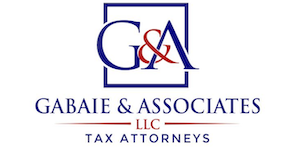Understanding Payroll Taxes
Payroll taxes operate through a trust system where the government entrusts employers to withhold taxes from employee paychecks. These withholdings include income tax, social security, and Medicare tax. Employers are responsible for remitting these funds to the government on various schedules – weekly, biweekly, or monthly, depending on payroll size and frequency.
Common Payroll Tax Challenges
The most prevalent issue occurs when businesses face financial difficulties. Some employers may fail to remit withheld payments to the government, instead using these funds for business operations. This creates a serious problem as these funds belong to employees, and using them elsewhere essentially constitutes theft. Missing even one quarter can create a snowball effect, leading to missed subsequent payments as businesses struggle to catch up.
Legal Implications and Consequences
When payroll taxes go unpaid, the IRS assigns a revenue officers to pursue collection. The agency can levy liens against the business and pursue collection from individual members of the company. Through the trust fund recovery penalty, the IRS may hold responsible parties personally liable – including owners, partners, secretaries, or anyone authorized to sign checks or listed on bank signature cards.
Prevention and Early Intervention
To prevent escalation of payroll tax issues, businesses should prioritize staying current with payments. When facing difficulties, it’s crucial to maintain current quarter payments rather than attempting to catch up on past quarters. This approach demonstrates good faith to the IRS and helps prevent further complications.
Resolution Options
Several solutions exist for businesses facing payroll tax problems:
- Offer in compromise (settlement)
- Various payment plan options
- Currently not collectible status (hardship status)
The appropriate solution depends on the business’s specific liability and financial situation.
Working with Tax Professionals
Engaging a tax attorney specializing in payroll tax issues provides the best protection. They can help evaluate options, negotiate with the IRS, and develop appropriate resolution strategies while helping businesses maintain current compliance.
Success Story
A recent case involved a multinational company operating across multiple states that accumulated significant tax debt due to accounting oversight. Through proper intervention and negotiation, their $1-2 million liability was settled for approximately $100,000, demonstrating that even serious tax issues can be resolved with proper professional guidance.
